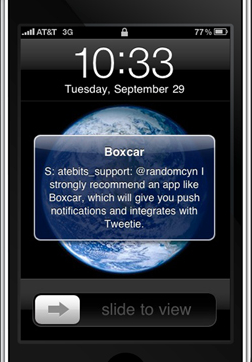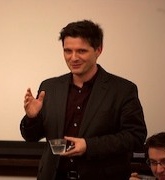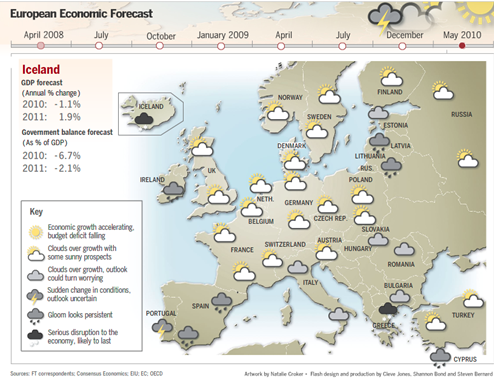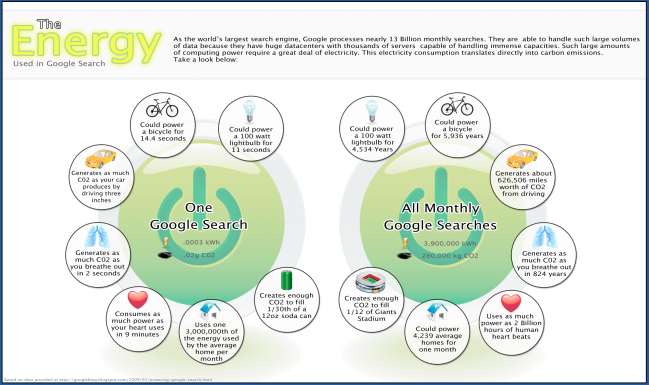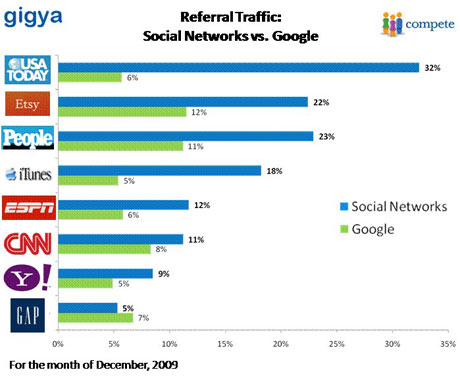…and 5 reasons why I bought a Dell Streak again.
Last week I explained why I returned the Dell Streak I purchased on a 24-month contract. In this post I explain why I bought another yesterday on a device-only deal.

1. It’s more fun.
You can customise pretty much everything with the Android operating system. You have to resort to shenanigans to customise your message tone on the iPhone, whereas it’s trivial to get some great sounds on the Streak. There’s widgets and weird and wonderful stuff. 🙂
2. The screen is just gorgeous.
Granted, I haven’t seen the screen on the iPhone 4 in the flesh, but the Dell Streak’s screen is so… well, touchable. The high-resolution screen is backed up by an extremely fast processor and enough memory to make flicking between apps easy.
3. The contract was part of the problem
Who wants the same phone after two years? I’m planning to wait until the earliest opportunity to get my Dell Streak unlocked and then go on an Orange SIM-only contract. Why Orange? It’s the only network that offers 3G where I live and my broadband is flaky due to our semi-rural location.
4. I’m online more than I talk
The default orientation of the Dell Streak’s screen is landscape. And that’s because it’s meant to be held like a PSP most of the time. It’s thin enough not to be heavy but substantial enough to feel solid in your hands. I like that.
5. The camera
The combination of large, hi-res screen, 5-megapixel camera and in-device editing functions feels luxurious, it really does.
There’s an active community for the Dell Streak over at http://streak.modaco.com and you should read this Techradar review which is both comprehensive and fair! 😀



